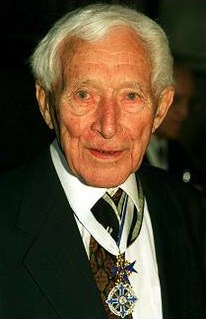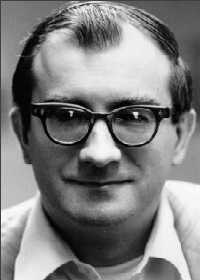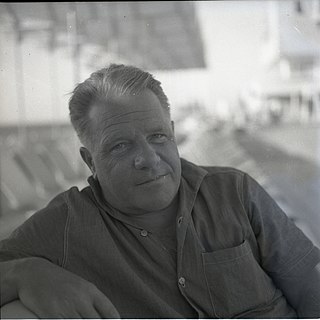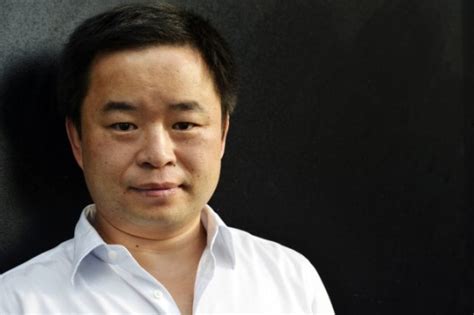A Quote by Simon McBurney
Everyone sees something different in 'Endgame': a biblical apocalypse, a portrait of painful co-dependency, a confession of guilt and dignity in the face of death, a night of baffling hopelessness, a meaningless babble. Each interpretation reveals an absurd truth - not about the play, but about the person watching it.
Related Quotes
The (capital punishment) controversy passes the anarch by. For him, the linking of death and punishment is absurd. In this respect, he is closer to the wrongdoer than to the judge, for the high-ranking culprit who is condemned to death is not prepared to acknowledge his sentence as atonement; rather, he sees his guilt in his own inadequacy. Thus, he recognizes himself not as a moral but as a tragic person.
And then the spirit brings hope, hope in the strictest Christian sense, hope which is hoping against hope. For an immediate hope exists in every person; it may be more powerfully alive in one person than in another; but in death every hope of this kind dies and turns into hopelessness. Into this night of hopelessness (it is death that we are describing) comes the life-giving spirit and brings hope, the hope of eternity. It is against hope, for there was no longer any hope for that merely natural hope; this hope is therefore a hope contrary to hope.
The apocalypse is coming, that's the one thing I like about George Bush, I really think he can get us into the ... apocalypse, like the BIBLICAL ... I really think he believes that he'll be the guy in the white hat. I think he's read the Stephen King novel The Stand a couple times, and he really thinks there's a dark man in the desert somewhere and he's gonna fight him or something.
One of the good thing about theater in the states, is that the playwright we do have a say, especially in the beginning, when the play is being discussed around the table. We talk about the play, and the actors listen, and there have been cases, you disagree on something... I mean, actors don't usually tell you what they're going to do, they do it. Of course, you try to speak with the director and say, "Is there any way you can bring this actor to do something different?" You try as much as you can, but then, you also have to be open to interpretation.
Guilt is also a way for us to express to others that we are a person of good conscience. 'I feel really guilty about getting drunk last night,' we say, when in actual fact we feel no guilt whatsoever or, at least, we could choose to feel no guilt. When people say to me, 'I drank too much last night,' I always reply, 'I drank exactly the right amount.
Under the spreading chestnut tree The village smithy stands; The smith, a mighty man is he, With large and sinewy hands; And the muscles of his brawny arms Are strong as iron bands. . . . He earns whate'er he can, And looks the whole world in the face, For he owes not any man. . . . Toiling,-rejoicing,-sorrowing, Onward through life he goes; Each morning sees some task begin, Each evening sees it close; Something attempted, something done, Has earned a night's repose.
I was in my house, alone in the living room, anxious about you, watching the flashes of lightning. And a flash of lightning lit up this truth for me, right in front of my eye. That night i lost you, I lost something inside me. Or perhaps several things. Something central to my existence, the very support for who I am as a person



































